Prof. Radu Prodan held a keynote speech about the ARTICONF project at the 3rd International Conference on Applications of AI & Machine Learning (ICAML 2021).
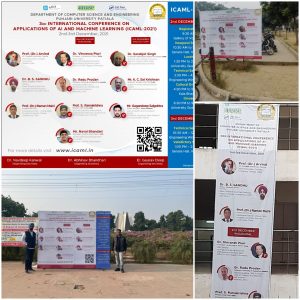
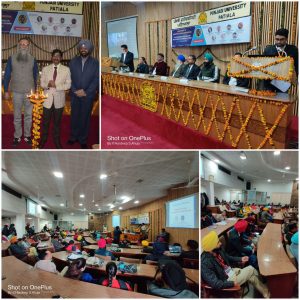
Prof. Radu Prodan held a keynote speech about the ARTICONF project at the 3rd International Conference on Applications of AI & Machine Learning (ICAML 2021).


The ANGELA: HTTP Adaptive Streaming and Edge Computing Simulator paper from ATHENA CD laboratory has won the 2nd Best Paper Award in the 10th IFIP/IEEE International Conference on Performance Evaluation and Modeling in Wired and Wireless Networks (PEMWN).
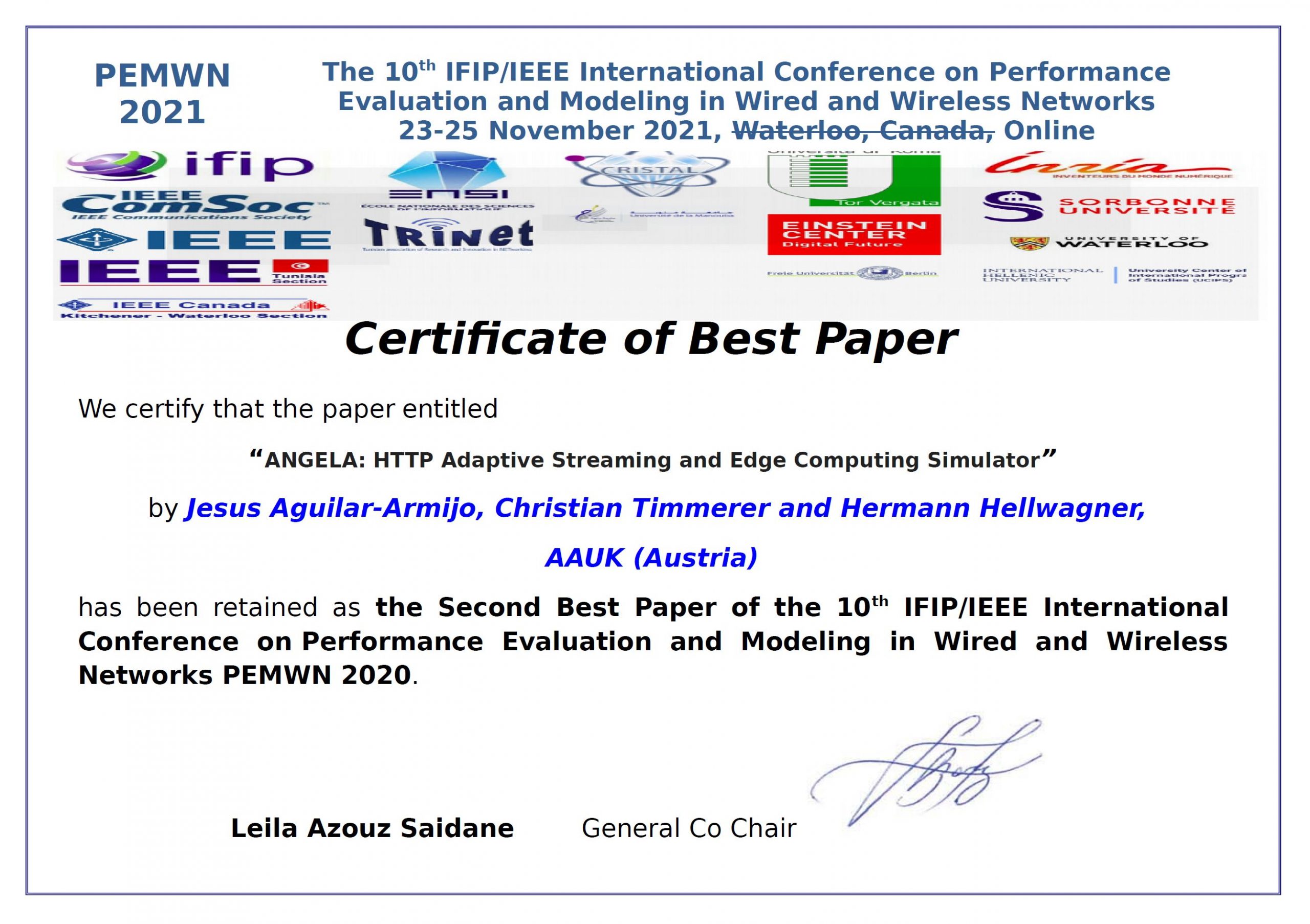
More information about the paper can be found in the blog post.
ITEC is delighted to announce the next speaker in our guest lecture series – Prof. Dr. Michael Rielger from SIMULA Research, Norway. The course will take place from May 30 – June 03, 2022.
The course will give an introduction into the topic of generative adversarial networks and synthetic data. Please register at the course 623.714
Further information is available HERE.

We happily announce, the #Emmy Award Bitmovin (link) for innovation in online TV for @bitmovin arrived at University of Klagenfurt.
On November 23rd, 2021, Felix Schniz successfully defended his thesis on “What is a Videogame Experience? A Peripatetic Acknowledgement of Inner Sentiments in Virtual Worlds” under the supervision of Assoc.-Prof. Mag. Dr. René Reinhold Schallegger. The defense was chaired by Univ.-Prof. Mag. Dr. Werner Delanoy and the examiners were Assoc. Dr. Nick Webber (Birmingham City University) and Univ.-Prof. Dipl.-Ing.Dr. Wilfried Elmenreich (University of Klagenfurt). Congratulations to Dr. Schniz for this great achievement!

Alexander Lercher’s Master Thesis titled ‘Context-aware Community Evolution Prediction in Distributed Social Networks‘ under the supervision of Prof. Radu Prodan at ITEC has been awarded outstanding academic thesis and a grant of 600 Euros in the field of digitization for Master’s Category. This work received funding from European Union’s Horizon 2020 research and innovation programme, grant agreement 825134, “Smart Social Media Ecosystem in a Blockchain Federated Environment (ARTICONF)”. The award ceremony will take place on Wednesday, November 24th, 2021 at 11 a.m. in the mirror hall of the Carinthian Provincial Government.
Farzad Tashtarian is invited to talk on “LwTE: Light-weight Transcoding at the Edge” at IMDEA Networks Institute, Madrid, Spain.
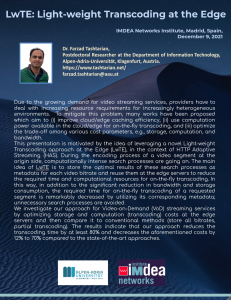
You are a Master Student and want to get to know more about ATHENA in a 3 months ATHENA internship in 2022?
Come and join our team! Apply now.
(Please note: application deadline is 14 December 2021)
Title: FSpot: Fast Multi-Objective Heuristic for Efficient Video Encoding Workloads over AWS EC2 Spot Instance Fleet
Authors: Anatoliy Zabrovskiy, Prateek Agrawal, Vladislav Kashansky, Roland Kersche, Christian Timmerer, and Radu Prodan
Abstract: HTTP Adaptive Streaming (HAS) of video content is becoming an undivided part of the Internet and accounts for most of today’s network traffic. Video compression technology plays a vital role in efficiently utilizing network channels, but encoding videos into multiple representations with selected encoding parameters is a significant challenge. However, video encoding is a computationally intensive and time-consuming operation that requires high-performance resources provided by on-premise infrastructures or public clouds. In turn, the public clouds, such as Amazon elastic compute cloud (EC2), provide hundreds of computing instances optimized for different purposes and clients’ budgets. Thus, there is a need for algorithms and methods for optimized computing instance selection for specific tasks such as video encoding and transcoding operations. Additionally, the encoding speed directly depends on the selected encoding parameters and the complexity characteristics of video content. In this paper, we first benchmarked the video encoding performance of Amazon EC2 spot instances using multiple x264 codec encoding parameters and video sequences of varying complexity. Then, we proposed a novel fast approach to optimize Amazon EC2 spot instances and minimize video encoding costs. Furthermore, we evaluated how the optimized selection of EC2 spot instances can affect the encoding cost. The results show that our approach, on average, can reduce the encoding costs by at least 15.8% and up to 47.8% when compared to a random selection of EC2 spot instances.
Keywords: EC2 Spot instance, Encoding time prediction; adaptive streaming; video transcoding; Clustering; HTTP adaptive streaming; MPEG-DASH; Cloud computing; optimization; Pareto front.
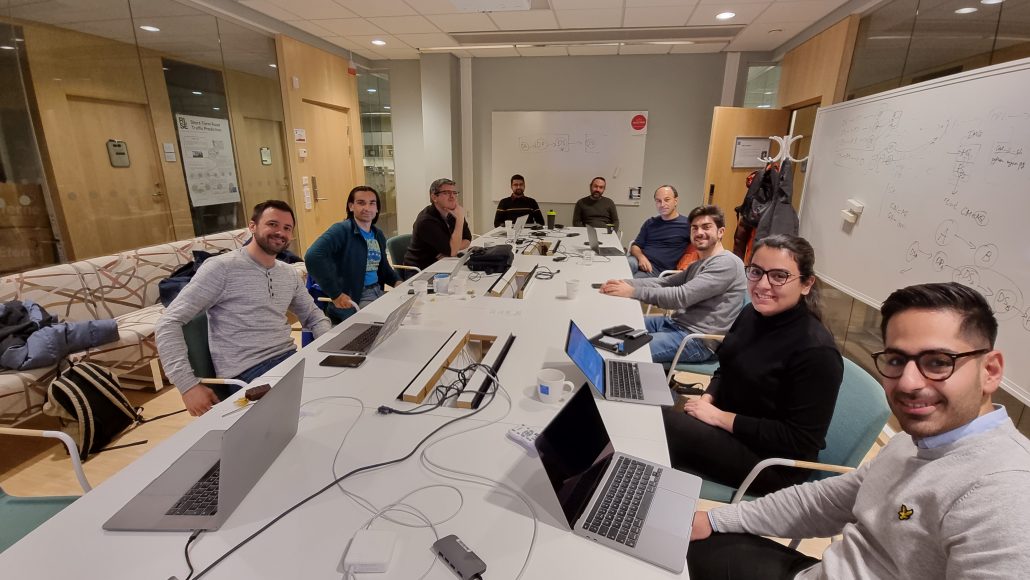 DataCloud project partners met at KTH Kista (Stockholm) to discuss the domain-specific language and the architecture for specifying and running Big Data pipelines.
DataCloud project partners met at KTH Kista (Stockholm) to discuss the domain-specific language and the architecture for specifying and running Big Data pipelines.
https://twitter.com/RaduProdanAAU/status/1461352859920785418/photo/1
